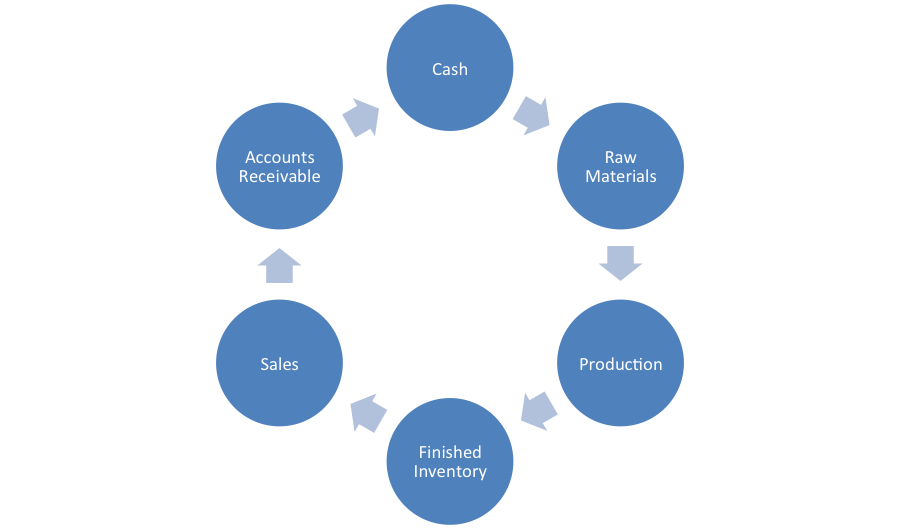Different types of mortgage – Equitable mortgage and Registered mortgage
Equitable mortgage is most common type of mortgage in India. But there are different types of mortgages. What is mortgage, what are other types of mortgage and how these are different is explained in this article.
What is mortgage?
Mortgage is defined in Transfer of Property Act, 1882, Section 58:
A mortgage is the transfer of an interest in specific immovable property for the purpose of securing the payment of money advanced or to be advanced by way of loan, an existing or future debt, or the performance of an engagement which may give rise to a pecuniary liability. The transferor is called a mortgagor, the transferee a mortgagee; the principal money and interest of which payment is secured for the time being are called the mortgage-money, and the instrument (if any) by which the transfer is effected is called a mortgage-deed.
Read: Comprehensive Guide on Credit Appraisal Process
What are type of mortgages?
Simple mortgage
Where, without delivering possession of the mortgaged property, the mortgagor binds himself personally to pay the mortgage-money, and agrees, expressly or impliedly, that, in the event of his failing to pay according to his contract, the mortgagee shall have a right to cause the mortgaged property to be sold and the proceeds of sale to be applied, so far as may be necessary, in payment of the mortgage-money, the transaction is called a simple mortgage and the mortgagee a simple mortgagee.
Mortgage by conditional sale
Where, the mortgagor ostensibly sells the mortgaged property— on condition that on default of payment of the mortgage-money on a certain date the sale shall become absolute, or on condition that on such payment being made the sale shall become void, or on condition that on such payment being made the buyer shall transfer the property to the seller, the transaction is called mortgage by conditional sale and the mortgagee a mortgagee by conditional sale: 1[Provided that no such transaction shall be deemed to be a mortgage, unless the condition is embodied in the document which effects or purports to effect the sale.]
Usufructuary mortgage
Where the mortgagor delivers possession 1[or expressly or by implication binds himself to deliver possession] of the mortgaged property to the mortgagee, and authorises him to retain such possession until payment of the mortgage-money, and to receive the rents and profits accruing from the property 2[or any part of such rents and profits and to appropriate the same] in lieu of interest, or in payment of the mortgage-money, or partly in lieu of interest 3[or] partly in payment of the mortgage-money, the transaction is called an usufructuary mortgage and the mortgagee an usufructuary mortgagee.
English mortgage
Where the mortgagor binds himself to repay the mortgage-money on a certain date, and transfers the mortgaged property absolutely to the mortgagee, but subject to a proviso that he will re-transfer it to the mortgagor upon payment of the mortgage-money as agreed, the transaction is called an English mortgage.
Mortgage by deposit of title-deeds
Where a person in any of the following towns, namely, the towns of Calcutta, Madras, 5 [and Bombay], 6[* * *] and in any other town7 which the 8[State Government concerned] may, by notification in the Official Gazette, specify in this behalf, delivers to a creditor or his agent documents of title to immoveable property, with intent to create a security thereon, the transaction is called a mortgage by deposit of title-deeds.
Anomalous mortgage
A mortgage which is not a simple mortgage, a mortgage by conditional sale, an usufructuary mortgage, an English mortgage or a mortgage by deposit of title-deeds within the meaning of this section is called an anomalous mortgage.]
Purpose of mortgage
In simple terms, mortgage is accepted by bank/ lender to secure the money advanced. So that in case of non payment by the borrower, bank may sell the property and recover its dues.
What is equitable mortgage?
Most common form of mortgage accepted by banks in India is Equitable Mortgage or Mortgage by deposit of title deeds. So, equitable mortgage means, mortgage by deposit of title deeds. In this type of mortgage, mortgagor (borrower) hands over the original title deed to the bank/ lender with an intention to create security thereon. Equitable mortgage is created simply by deposit of original title deeds alongwith other required documents (if any). This mortgage is not required to be registered with sub-registrar.
Why equitable mortgage is preferred by banks?
Original title deed is being made available by the borrower, which proves his ownership. Actual possession of property by the borrower may be verified by physical visit to the property. Since, in this type of mortgage, original title deed is deposited with the bank, borrower can not sell or dispose off the property till the bank loan is repaid and original title deed is returned to him. The owner verbally confirms the intent of creating a charge on the property. No legal procedure is involved in an EM.
What is registered mortgage?
In case of Registered Mortgage charge is created on the property with the Sub-Registrar through a formal, written process as a proof of transfer of interest to the lender as security for the loan. In case of borrower’s failure to repay the loan, lender/ bank will have the right to take possession of the property. When the borrower repays the loan to lender/ bank, the title of the property is given back to the borrower.
When registered mortgage is created?
Registered mortgage is required to be created:
-
- when original title deed is not available (if it is lost or in case of ancestral property, where title deed is not available).
- Equitable mortgage can be created in notified towns only, if mortgage is required to be created in a town which is not notified, registered mortgage is required to be created.


